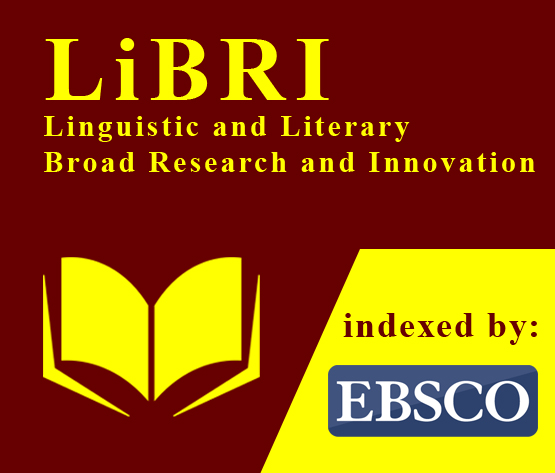The Relationship between Level of Ambiguity Tolerance and Cloze Test Performance of Iranian EFL Learners
Abstract
The present study explores levels of ambiguity tolerance among 38 thirdyear high school students in EFL classrooms and its relationship with cloze test performance. Ambiguity tolerance can be defined as a “person’s ability to function rationally in a situation in which interpretation of all stimuli is not clear” (Chapelle and Roberts 1986). It may be suggested that ambiguity tolerance might have an effect on performance on cloze tests in which the test taker is to choose from a number of responses and there may be several alternative correct interpretations. Students’ ambiguity tolerance level was
surveyed and analyzed using the Second Language Tolerance of Ambiguity Scale (SLTAS) (Ely 1995), and their performance was measured through a standardized English cloze test administered by the researchers. The results of the Pearson Product correlation coefficient showed that respondents with
higher levels of ambiguity tolerance were likely to achieve higher scores on the cloze test, and those with lower levels of ambiguity tolerance tended to obtain lower scores on the cloze test. Furthermore, some pedagogical implications for both learners and instructors are proposed.
Key words: ambiguity tolerance (AT), language learning, cloze test, SLTAS, third-year high-school students
surveyed and analyzed using the Second Language Tolerance of Ambiguity Scale (SLTAS) (Ely 1995), and their performance was measured through a standardized English cloze test administered by the researchers. The results of the Pearson Product correlation coefficient showed that respondents with
higher levels of ambiguity tolerance were likely to achieve higher scores on the cloze test, and those with lower levels of ambiguity tolerance tended to obtain lower scores on the cloze test. Furthermore, some pedagogical implications for both learners and instructors are proposed.
Key words: ambiguity tolerance (AT), language learning, cloze test, SLTAS, third-year high-school students






